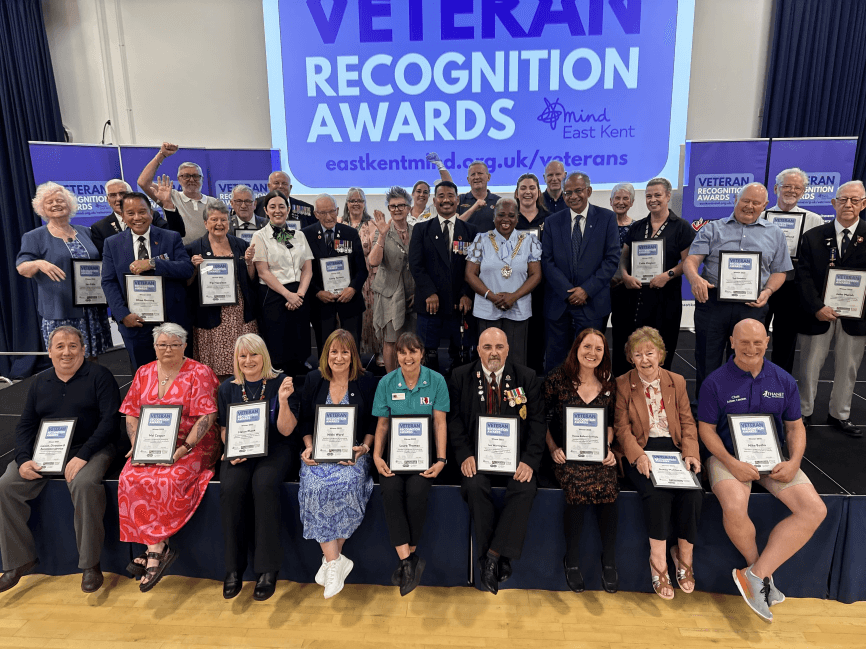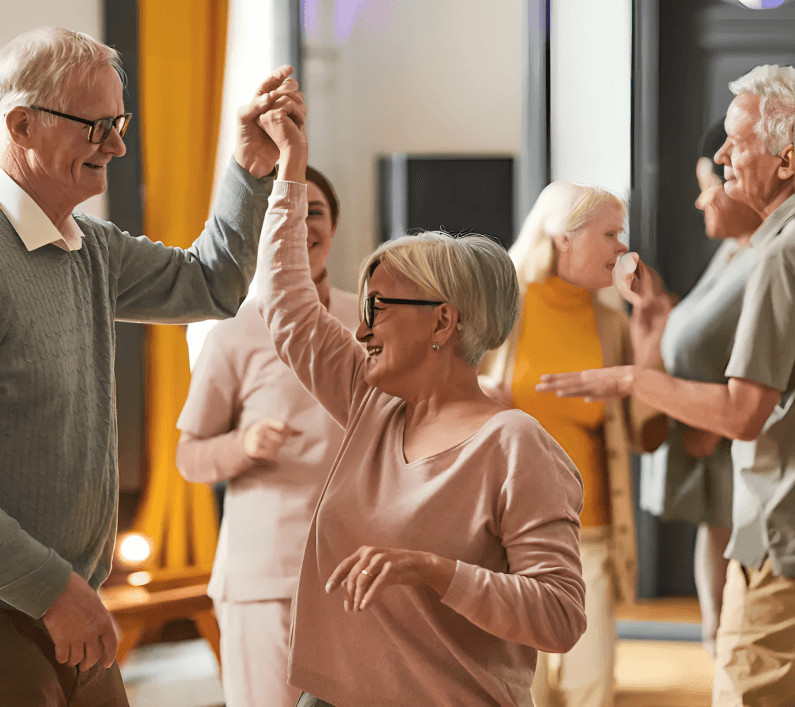
“
Social clubs & support groups for seniors play a crucial role in enhancing the quality of life for older adults. These networks offer emotional support, shared experiences, companionship, and engaging activities that promote mental and physical wellness. With loneliness and isolation becoming rising concerns in aging populations, social clubs and support systems provide a sense of belonging and purpose. 1
1
”
Social clubs designed for seniors help reduce the risk of depression by encouraging daily interaction, emotional expression, and shared laughter—key factors in maintaining a stable and positive mental state. 1
Support groups often help seniors cope with grief, especially after losing a spouse, by connecting them with others facing similar challenges, creating a safe place to express emotions and heal gradually. 2

Many support groups cater to specific health concerns, such as Parkinson’s or diabetes, helping seniors share their journeys, tips, and motivation while being guided by peer-led or expert-moderated discussions.
Senior clubs often organize physical activities like dance, yoga, or walking, which not only keep participants physically active but also improve cardiovascular health and boost mood through social movement. 3
Intergenerational programs in social clubs bring seniors together with younger members of the community, building understanding across age groups while helping elders feel valued and mentally engaged. 4
Some social groups focus on lifelong learning, offering workshops, lectures, or language classes, allowing seniors to pursue interests or discover new passions while staying mentally alert and socially connected. 5
Support groups for caregivers also serve seniors who assist their aging spouses, offering emotional relief, shared strategies, and a sense of being understood by those with similar life roles. 6
Faith-based senior groups create a strong sense of spiritual belonging, allowing older adults to find comfort in prayer, scripture, or group reflection while fostering bonds built on shared beliefs. 7
Regular attendance in social clubs significantly reduces the feeling of isolation in elderly individuals, especially those living alone, by ensuring daily interaction and a supportive routine. 8

Veterans’ support groups offer retired servicemen and women a platform to reconnect, share stories, and find healing in camaraderie, often acting as a second family for those who served.
Volunteering-focused clubs give seniors purpose as they engage in community projects, proving that age is no barrier to contribution and that giving back enhances emotional well-being. 9
Book clubs for seniors are not just about reading—they encourage thoughtful discussion, critical thinking, and bonding over shared ideas, often leading to lasting friendships and improved cognition. 10
Support groups addressing dementia offer crucial relief to those in early stages and their families by creating space to exchange caregiving tips, emotional understanding, and support networks. 11
In rural areas, support groups provide lifelines where isolation is more common, using local churches or virtual meetings to ensure no senior is left emotionally or socially disconnected. 12

Peer-led social groups help foster leadership among seniors, as they share life experiences, manage events, and take responsibility, which bolsters self-esteem and decision-making skills.
LGBTQ+ support groups for older adults offer inclusive, affirming spaces where individuals can express identity safely, combat age-related stigma, and build community with shared understanding. 13
Widow/widower groups help seniors rebuild life after loss, replacing grief with hope through shared empathy, group outings, and memory-sharing, gently guiding participants toward new routines. 14
Senior clubs help boost nutrition awareness by organizing healthy cooking sessions or meal-sharing events, encouraging better eating habits, and reducing risks related to poor diet. 15
Many support groups offer free transportation or virtual access, ensuring seniors with mobility issues can still benefit from community participation, emotional connection, and regular social interaction. 16
Philosopher Confucius believed shared stories pass on wisdom; modern senior groups echo this by encouraging life storytelling, strengthening identity, and validating years of lived experience. 17


